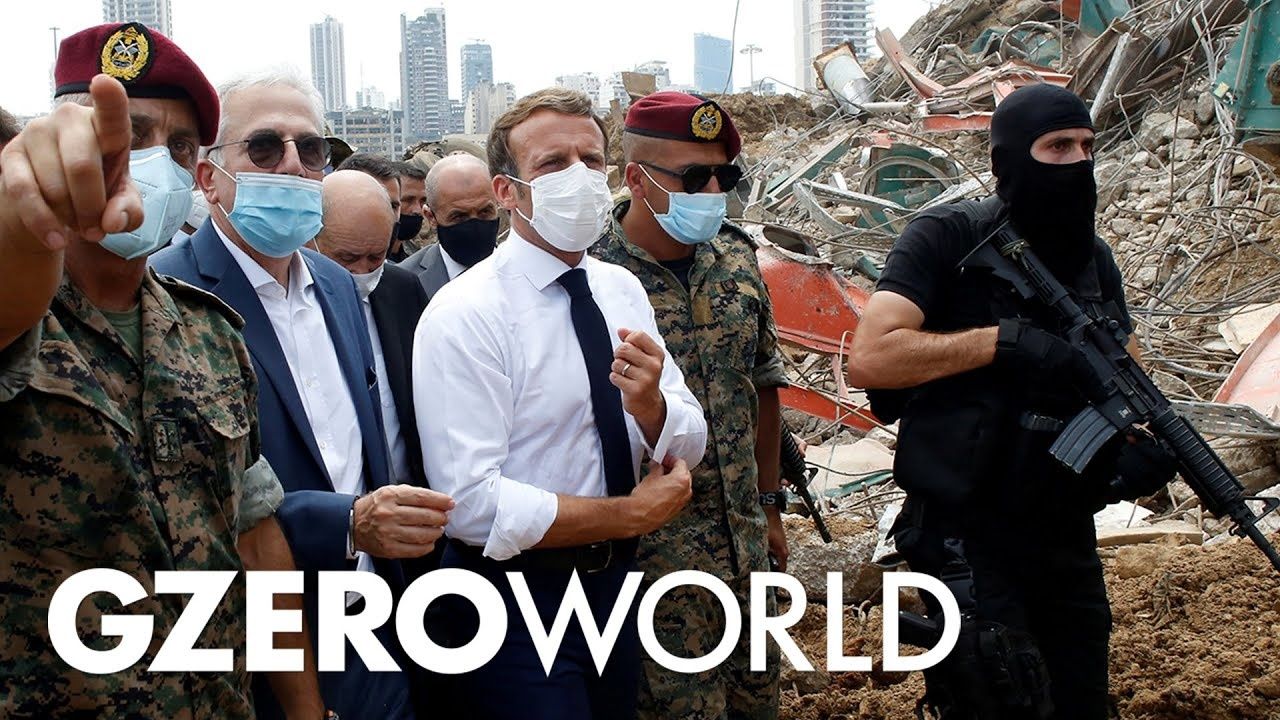On GZERO World, Lebanese journalist and author Kim Ghattas discusses worldwide response to the recent explosion in Beirut. On French President Emmanuel Macron's visit, she tells Bremmer reaction has been "very positive." Ghattas explains that the Lebanese people want to hear words of empathy and support from other world leaders, and also have advised, "Don't give money to the government, give aid directly to the people, to recognized organizations, to hospitals. And second, we want justice. We want an international investigation."
More For You
With close ties to both the US and China, can Singapore survive in an increasingly fragmented and chaotic world? Singapore’s President Tharman Shanmugaratnam joins Ian Bremmer on the GZERO World Podcast.
Most Popular
Think you know what's going on around the world? Here's your chance to prove it.
This week, Prime Minister Keir Starmer became the first UK leader to visit China in eight years. His goal was clear: build closer trade ties with Beijing.
